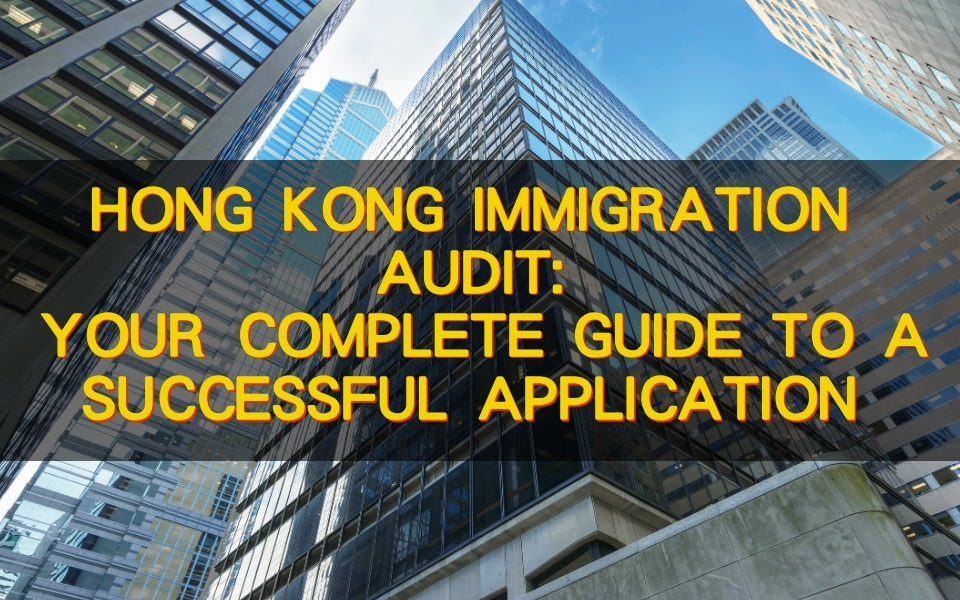ls seeking to immigrate to Hong Kong, one of the most critical—and often misunderstood—requirements is the immigration audit report. Unlike standard financial statements, this specialized document must meet stringent criteria set by Hong Kong’s Immigration Department. Failure to comply can lead to delays or outright rejection. Here’s what you need to know to ensure your application succeeds.
Why a Regular Financial Report Won’t Work
Hong Kong immigration authorities require an audit report that:
Is issued by a Certified Public Accountant (CPA) with international credentials.
Follows Hong Kong Accounting Standards (HKAS) or International Financial Reporting Standards (IFRS).
Clearly traces the source of funds, including income, investments, and business profits.
Covers at least three years of financial history.
Submitting generic financial statements or incomplete records will almost certainly result in rejection.
Key Components of a Compliant Immigration Audit
Asset Verification
Bank statements must show full transaction histories.
Property ownership must be documented with title deeds.
Investments (stocks, funds, etc.) require broker statements.
Income Legitimacy
Salaried applicants: Employment contracts, pay slips, and tax records.
Business owners: Audited financials, tax filings, and profit distribution records.
Investors: Dividend statements, capital gains documentation.
Additional Requirements for Business Owners
Audited company financials for the past three years.
Shareholding structure and proof of ownership.
Major client/supplier lists (for transactions exceeding HKD 1 million).
Foreign Currency Conversion
All overseas assets must be converted using the Hong Kong Monetary Authority’s official exchange rates.
Supporting calculations must be retained for verification.
Standardized Reporting Format
Must use an Immigration Department-approved template.
Includes mandatory declarations and CPA signatures.
Bilingual (English/Chinese) versions are recommended.
Case Study: From Rejection to Approval
Mr. Lee, a tech entrepreneur, initially had his application rejected due to:
Unclear separation of personal and business assets.
Missing compliance documents for overseas investments.
Non-standard audit report format.
After engaging a professional audit firm, his case was resolved by:
✔ Restructuring financial records to meet HKAS standards.
✔ Obtaining proper documentation for foreign holdings.
✔ Submitting a fully compliant audit report.
Result: Approval within 10 weeks.
Choosing the Right Audit Provider
Not all accounting firms are qualified to handle immigration audits. Look for:
✅ Hong Kong CPA licensure (essential for report validity).
✅ Experience with immigration cases (ask for success stories).
✅ Knowledge of 2024 policy updates, especially regarding:
Cryptocurrency holdings (full transaction history required).
Cross-border fund transfers (must show legal origins).
Ultimate beneficial ownership (no hidden shareholders).
Final Advice
A properly prepared immigration audit is more than just paperwork—it’s a strategic asset that can make or break your application. To avoid costly mistakes:
Start early (allow 3–6 months for preparation).
Work with specialists who understand immigration requirements.
Ensure full transparency—any discrepancies will raise red flags.
By investing in a professional audit, you significantly boost your chances of a smooth and successful immigration process.
Need help? Contact us for a consultation—let’s get your Hong Kong visa on track!



